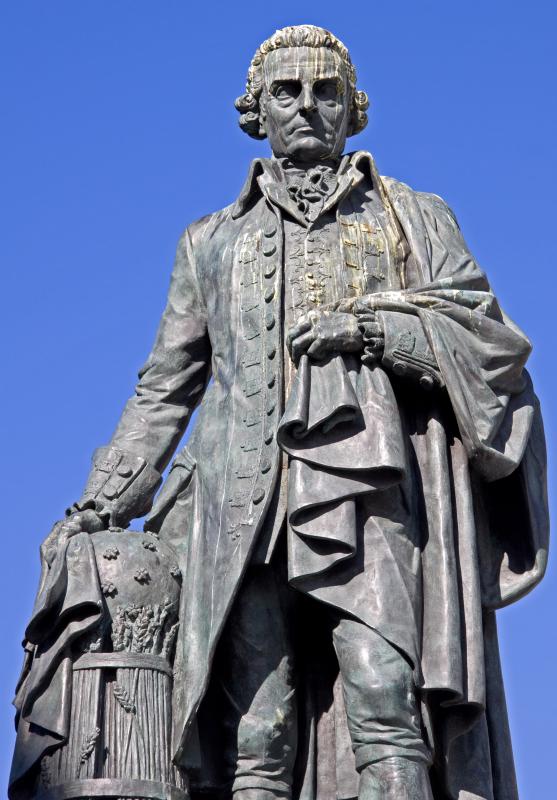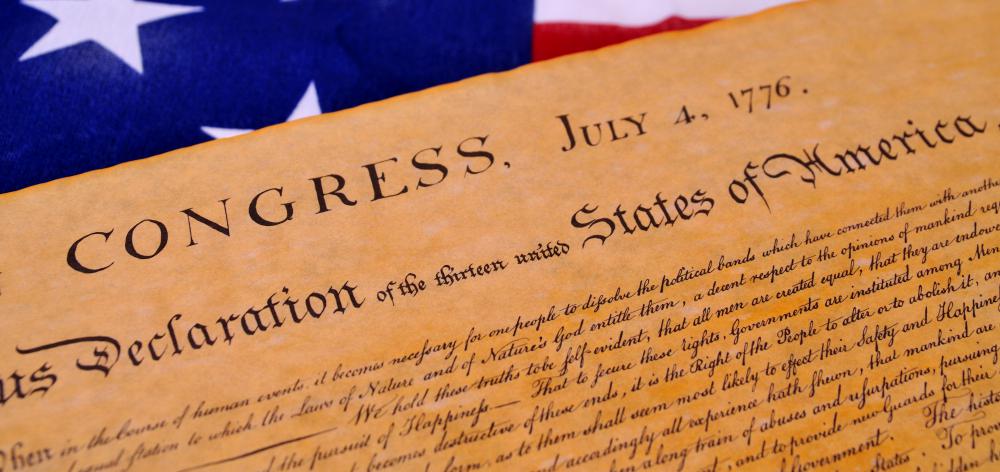At WiseGEEK, we're committed to delivering accurate, trustworthy information. Our expert-authored content is rigorously fact-checked and sourced from credible authorities. Discover how we uphold the highest standards in providing you with reliable knowledge.
In Business, what is Free Enterprise?
Free enterprise, which is a concept that forms the basis for free market economies, dictates a lack of regulation and other government interference in the economic machinations of a society. Free enterprise considers the interactions of the laws of supply and the laws of demand and how they will lead to a “competitive market” with efficient price terms and a maximization of productivity if the market participants are left to their own devices. This is a concept famously articulated by Adam Smith in his 1776 book entitled The Wealth of Nations. There are competing ideologies to that of free enterprise that assert that government regulation is required to prevent the abuse of the freedom within the market.
The base of free enterprise is the market participants — the sellers and the buyers. The laws of supply and demand dictate that if left free of interference, participants in a free market will act in furtherance of their individual interests, buying and selling goods and services, until they eventually reach economic equilibrium. Economic equilibrium is defined as the point at which the price of a good or service is set at a point where the supply of the good or service will meet the demand in the market. Without supply or demand inequities, the market will have reached its equilibrium and will operate at its greatest level of efficiency.

In 1776, Adam Smith wrote a book called The Wealth of Nations for which free enterprise was one of the central themes — even though the term of art had yet to have been invented. Smith writes at length about the “invisible hand of the market,” which is a mechanism that automatically regulates the free market to facilitate maximum efficiency through the market participants seeking to fulfill their own interests. Simply through the human predisposition to seek the best and most efficient way, the invisible hand will lead to mutually beneficial cooperation within the market.

The other side of this argument is that market regulation is necessary to prevent abuse of the freedom within the market as well as many side effects. For instance, the government enacts labor laws to prevent the abuse of lower level workers by business owners who wield a lot of power within the marketplace. Further, there are side effects that are often not accounted for within the free market, such as pollution, that need to be regulated and may result in the prohibition of the most efficient way of conducting business. Any outside intervention, be it laws, regulations, or subsidies, go against the principles of free enterprise. The necessity of such intervention is where most economic debates lie.
AS FEATURED ON:
AS FEATURED ON:












Discuss this Article
Post your comments